Practical Parenting and Learning Disabilities
Wrinkles in Teaching: A Series of Guidebooks for Teachers
Wrinkle is a useful piece of information, and one dictionary illustrates, Learning the wrinkles from someone more experienced saves time. In the case of teaching, it also promotes faster, more effective student learning, it prevents unnecessary and frustrating bouts of trial and error, and it results in greater satisfaction with the work. The someone more experienced is Billie Birnie, who taught successfully in elementary, middle, and senior high schools and then went on to observe and teach hundreds of teachers and, eventually, to write about her observations and experiences. Her books, designed for both elementary and secondary teachers, are short, practical, and down-to-earth conversations about the craft of teaching. Successful Classroom Management and Differentiated Instruction is the first in the series. Other topics to come:
- Organizational Strategies for Thinking and Writing
- Cooperative Learning
- Critical Thinking
- Assessing Writing Skill
Readers are welcome to suggest additional topics for the series.
Titles in the series:
Practical Parenting and Learning Disabilities: A Simple Guide for Teachers and Parents , by Susan Maynard
Practical Parenting and Learning Disabilities
A Simple Guide for Teachers and Parents
Susan Maynard
Rowman & Littlefield
Lanham Boulder New York Toronto Plymouth, UK
Published by Rowman & Littlefield
4501 Forbes Boulevard, Suite 200, Lanham, Maryland 20706
www.rowman.com
10 Thornbury Road, Plymouth PL6 7PP, United Kingdom
Copyright 2014 by Susan Maynard
All rights reserved . No part of this book may be reproduced in any form or by any electronic or mechanical means, including information storage and retrieval systems, without written permission from the publisher, except by a reviewer who may quote passages in a review.
British Library Cataloguing in Publication Information Available
Library of Congress Cataloging-in-Publication Data Available
ISBN 978-1-4758-1044-8 (pbk. : alk. paper) ISBN 978-1-4758-1045-5 (electronic)
 The paper used in this publication meets the minimum requirements of American National Standard for Information SciencesPermanence of Paper for Printed Library Materials, ANSI/NISO Z39.48-1992.
The paper used in this publication meets the minimum requirements of American National Standard for Information SciencesPermanence of Paper for Printed Library Materials, ANSI/NISO Z39.48-1992.
Printed in the United States of America
Acknowledgments
I would like to take this opportunity to thank five friends and colleagues for their support and encouragement that made this second-edition booklet possible: Billy Birnie, Ph.D.; Marie Hero; Penelope Arango; Marilyn Rawlings; and Marse Dare. I would also like to acknowledge my husband, Carl, for his help, time, and patience.
Part I
Practical Parenting
A fter I created the first booklet, I find that I have not changed my mind about parenting skills but would emphasize what I said previously: It appears to me that parenting has become a more difficult task than it used to be. Now, a few years later, I believe that the electronic devices that children have or could obtain have made it even more complicated. That being said, I believe that parenting has some very basic concepts that still hold true today.
I have seen more anxious young children in my office than in years past. Although there may be other reasons, many of todays children have few, if any, limits or guidelines about what they are allowed or not allowed to do. This makes them anxious and fearful because no one seems to be in control of various situations. Young children thrive on having routines, understanding what is expected of them, and knowing that someone is in charge.
It appears to me that some parents are afraid to discipline their children. They worry that saying no may damage their small childs ego. Running the show is a huge burden for children. It may make them feel insecure and even overwhelmed. Some children become obsessive in their mannerisms if they have no limits.
In all my years as a psychologist, I have observed that the sooner children learn the rules of life (reasonable ones), the happier and more secure they feel. This pamphlet addresses these rules and the specific times when they can and should be applied.
These thoughts and suggestions are not offered as criticism of a particular parenting style. They are simply a guide that may make life with your children easier and more enjoyable. The ideas are straightforward and simply stated in an easy-to-carry, handy booklet. There are specific suggestions and comments about everyday living with your children. The goal is to have contented, courteous, confident children who are conscientious and demonstrate good character.
Early Childhood Issues
Playpens
I n the beginning there were playpens, those funny-looking mesh or wooden containers that held children. Suddenly playpens were considered to be out, possibly because the word pen connoted restriction and/or punishment. Playpens are now referred to as pack-and-plays. Some suggest they would restrict childrens movements and therefore constrict their inventiveness and creativity. I believe this is not true. However, I feel the exact opposite is true:
1. A child in a pack-and-play may safely and comfortably sit, stand, or climb. A child in a pack-and-play may nap, play with toys, or eat. He may choose between Cheerios or raisins placed in the pack-and-play. All these decisions are up to the child!
2. If there is no pack-and-play, a child can wander at will around many rooms. A parent or a caregiver must focus solely on the child to keep him from putting his fingers in electric sockets or climbing and jumping from high places. You get the idea. The child is constantly being observed and is the center of attention. This is not good for either the child or the adults who must give up their own activities to watch him.
3. Even daily tasks, such as washing dishes, folding laundry, or vacuuming, must be postponed until children are napping or asleep for the night. This leaves little time for adults to pursue their interests and enjoy conversation and interactions. This makes life, as well as parenting, much more difficult than is necessary or desirable.
Carrying and Pushing Children in Strollers
Long after babyhood, children are being carried or pushed in strollers when they should be practicing their walking and running. Some of the children I have seen in strollers are big enough to be pushing a baby in the stroller! Instead, their long legs are tucked up underneath them, and they are riding.
1. Is this because everyone is in such a hurry that we dont have time for a two-year-old to toddle along?
2. Carrying children and transporting them in strollers sends them the message that they are all-important and everyone should cater to them. Instead of being just one part of the family, they are at the center of attention. Parents need to be at the center because they are the most important part of the family. Understanding this concept is important for a well-balanced family life and gives a child a sense of security and comfort.
3. Carrying heavy toddlers is not good for young and slightly older backs. It deprives youngsters of the exercise that benefits them and delays the process of their growing as individuals who are able to walk by themselves.
Toilet Training
1. This is a messy subject in more ways than one. The basic premise here is that it is the parents decision when this momentous task should be begun and accomplished. It is not up to the child to decide.
Next page
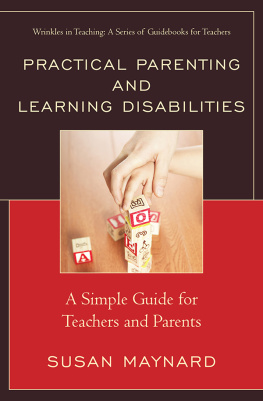

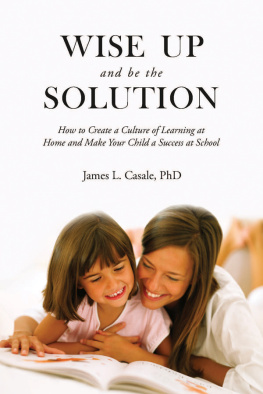
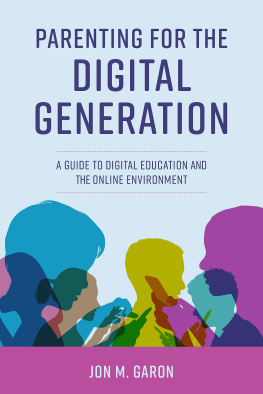
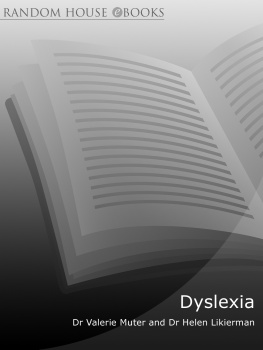
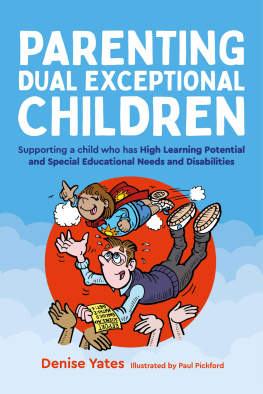
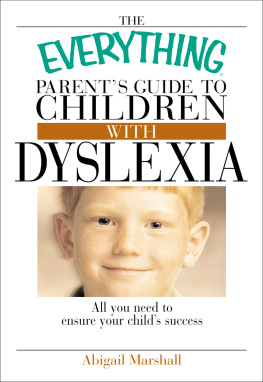

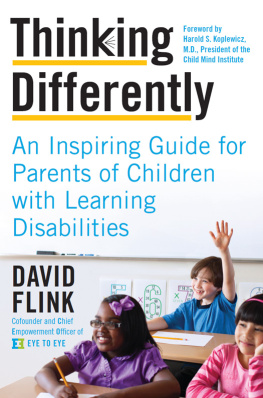


 The paper used in this publication meets the minimum requirements of American National Standard for Information SciencesPermanence of Paper for Printed Library Materials, ANSI/NISO Z39.48-1992.
The paper used in this publication meets the minimum requirements of American National Standard for Information SciencesPermanence of Paper for Printed Library Materials, ANSI/NISO Z39.48-1992.
